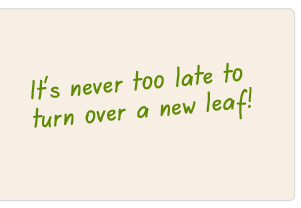 Summer is usually the time of year to take a well-deserved break. Like many of us, you’ve been eagerly awaiting some time off from your busy schedule.
Summer is usually the time of year to take a well-deserved break. Like many of us, you’ve been eagerly awaiting some time off from your busy schedule.
While your business may slow down during the summer months, it shouldn’t grind to a halt.
Did you know “it is a fact that creativity often flows more readily when you are out[side]—especially if you are near water”? In Write It Down, Make It Happen, Henriette Anne Klauser tells us that “Being near water, especially moving water, gets ideas to flow.”
I attended a POC conference session a couple of years ago on “The Impact of Technology on Time Management” and learned a new word – “Thinksomnia.” While Harold Taylor (a Canadian time management expert) did not create this word, he has “adopted it and use(s) it in the context of our extreme busyness and resultant lack of creativity.” The definition for this made-up word is: “An idea that pops into your head just before you fall asleep, which is so big and brilliant, or else so dark and scary, that it keeps you awake all night long”.
For Harold, “it fit perfectly with [his] belief that because we are so busy and preoccupied all day, the only time we get to really think about anything new is at night just before we fall asleep. That’s when the ideas pop into our minds, and we start thinking about them to the point that we can’t get to sleep.” “I recommend to my clients that at least 10 percent of their work day should be left [available] for planning and thinking. Because our success and the success of our companies depend on it. Everything except creativity is being outsourced to other countries…We can’t afford to short-change our creativity – which we’re doing in this age of speed.”
Keep the above points in mind as you think ahead and set personal or business goals for the remainder of 2012. You may come up with your most brilliant ideas yet. Remember to keep a notepad handy to jot ideas down, so that you can put them into action!
 Set Up a Homework and Study Area!
Set Up a Homework and Study Area!![]()


.jpg)
.jpg) In order to be productive, you must be prepared. People often think planning and preparation take too much time, but it actually saves time. It will also lower your stress level.
In order to be productive, you must be prepared. People often think planning and preparation take too much time, but it actually saves time. It will also lower your stress level.
Connect with us Online